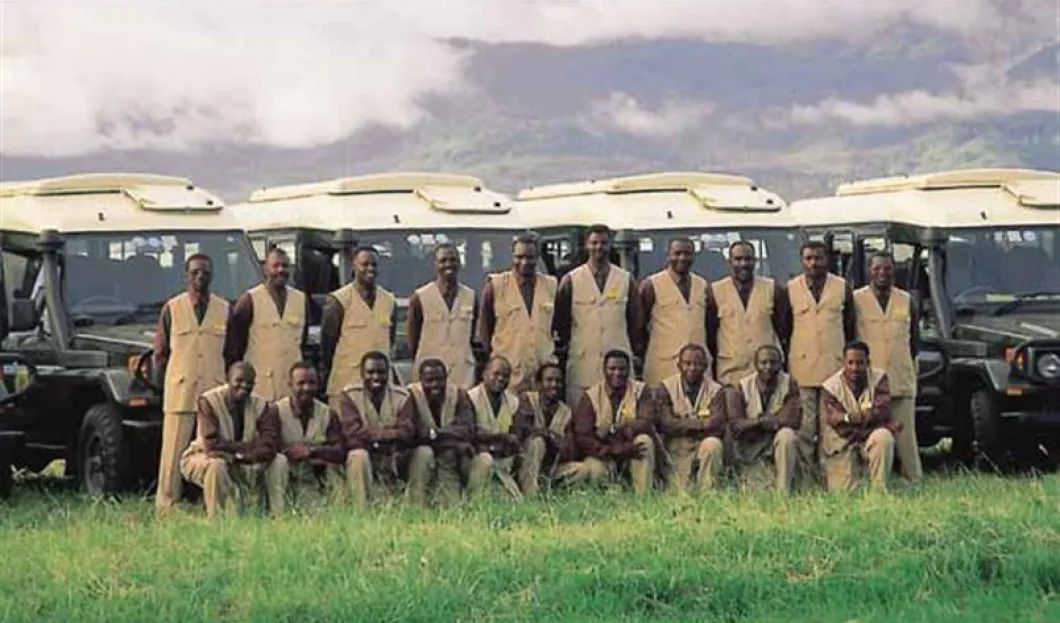
Africa boasts of the most diverse natural and socio-cultural resources which have great potential in terms of tourism revenue. Nevertheless, lack of transparency and poor infrastructure has made the continent lag behind in this sector. A new World Bank report highlights some constraints faced by governments, and also offers solutions to develop and advance the continent's tourism industry.
According to the Africa Tourism Report 2013, African states can challenge other popular destinations if they effectively plan and incorporate tourism as a part of their economy. Between the years 1980-2000 arrivals in Asia Pacific expanded from 8-22%, therefore contributing to the region's exponential growth and enhanced livelihoods. These figures are quite high compared to Africa which only witnessed 2% growth between 1980 and 2010.
To bridge the gap, this report urges African states and private organizations to work together in addressing obstacles like visa regulation and land access. It can help in transforming the tourism corporate climate while at the same time fostering job creation, particularly for youth and women.
Iain Christie, a co-author of the study, states that Africa's savannas, rivers, mountains and cultural practices like dance, festivals and music are way above the assets present in other places. The only way this industry can take off is when it is integrated into every part of the society; both the government and general population have a role to play.
The first ever World Bank case-study on Sub-Sahara Africa tourism comprehensively examines this sector and recommends sensible, evidence-based tips to release the industry's economic growth potential, so that Africa can compete with other stakeholders all across the world.
It showcases how Cape Verde, Namibia, Botswana, Tanzania and South Africa can maximize on their wildlife resources within 5 years only and become global trend-setters. Currently, tourism only contributes 2.8% of SSA’s overall GDP.
Tourism growth in the region is affected by issues passed down from one regime to another. Factors like land ownership, availability and transference of land rights are key to development. Other challenges include financial resources, crime, heavy tourism investment taxes and too much bureaucracy.
The report also indicates how states seeking to scale-up tourism should invest in marketing and promotion, this helps in enhancing their overall image and attracting more visitors. Governments should also try to provide special incentives to serious investors. They can expand their service portfolio by diversifying tourism offers, tactically managing growth and addressing the seasonal nature of tourism.
Africa is a sleeping giant that needs to wake up and make good use of the vast resources it has, otherwise it would continue lagging behind as others prosper with their limited opportunities. The secret to success in tourism is proper management.
The World Bank report shows SSA’s numerous travel successes and advices governments to make alliances with private sector stakeholders at the regional, national and local levels. Together they have the power to plan and advance tourism infrastructure, improve transparency in ownership of land and develop business-friendly settings for all the travel and tour stakeholders. When well-managed, tourism spurs economic transformation, triggers infrastructural growth, accelerates social reform and empowers minority groups throughout Africa.










